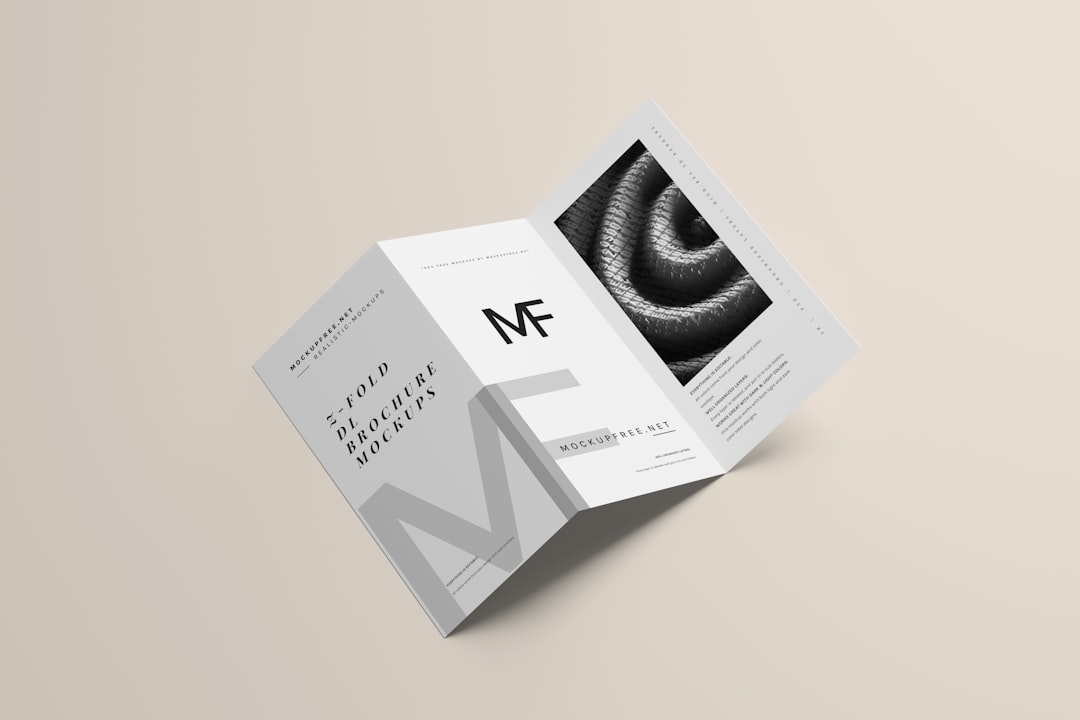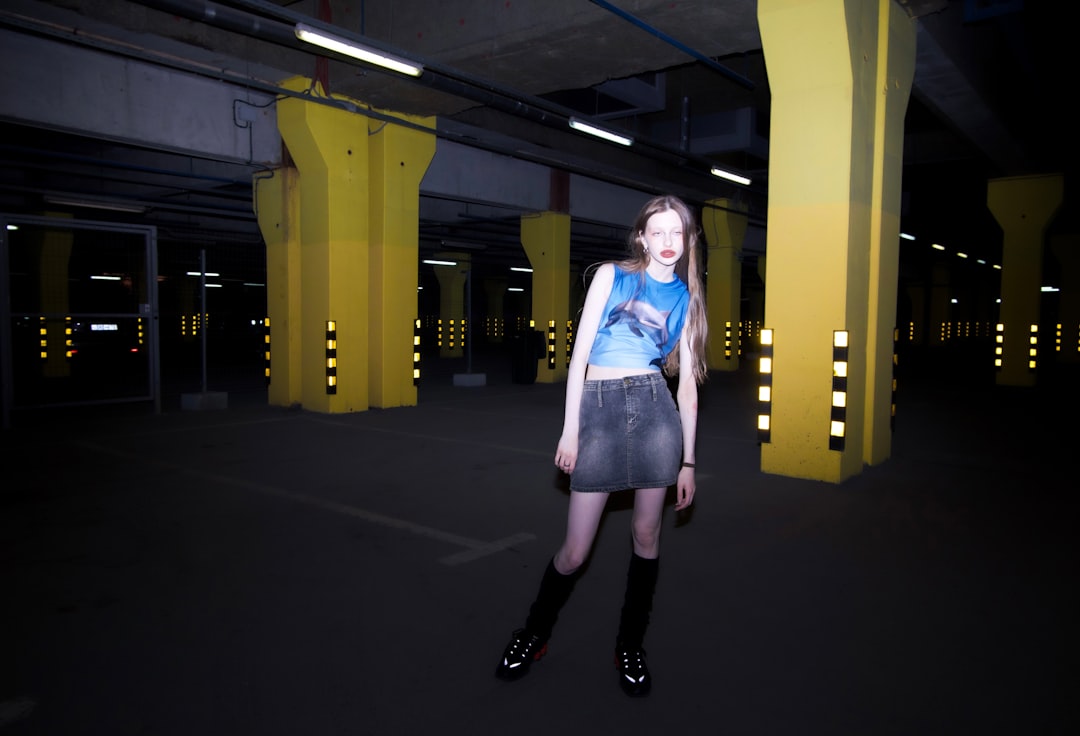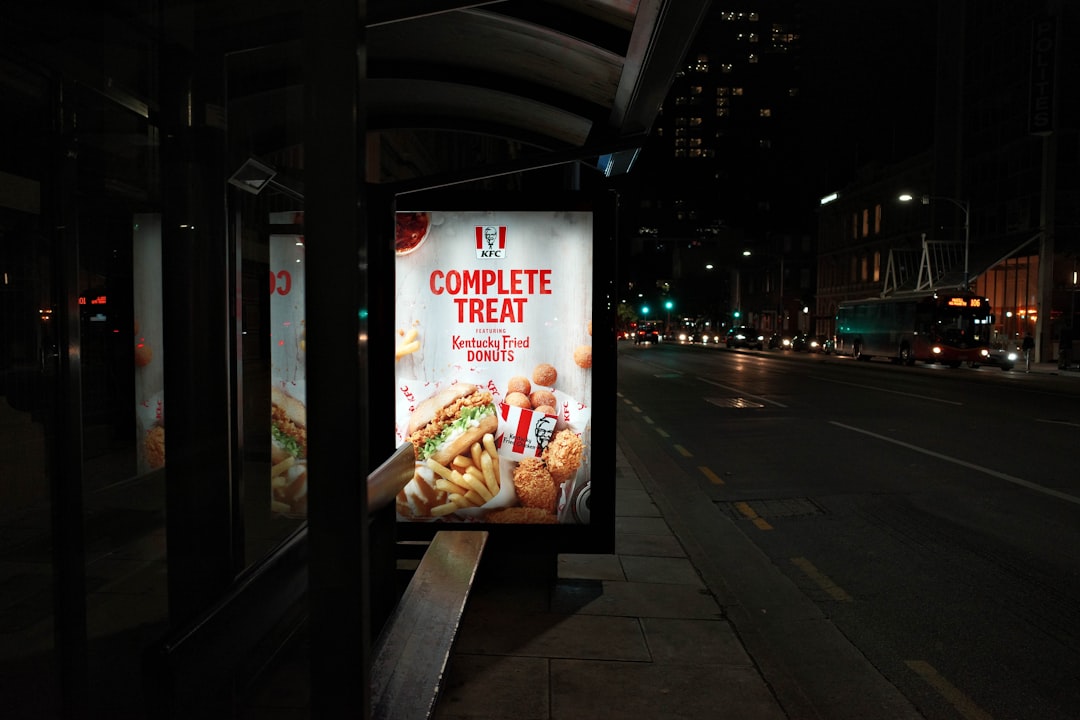The Future of Fashion Marketing: Embracing AI Influencers
As digital marketing evolves, a groundbreaking trend is capturing the fashion world: the rise of AI influencers. By creating entirely virtual personas, brands are opening new avenues for engagement, building connections that were previously unimaginable.
This significant shift invites brands and marketing professionals to rethink their strategies. In this post, you’ll learn how AI-generated influencers are reshaping fashion marketing, explore the implications for authenticity, and understand the ethical considerations that come with this innovative trend.
Why It Matters
- AI influencers present a scalable solution for engaging with audiences.
- Companies like The Clueless are pioneering AI-generated characters, such as Aitana López, as marketing tools.
- Real-time responsiveness and tailored content can enhance consumer interaction.
How Brands Can Leverage This Trend
To navigate this emerging landscape successfully, brands must consider the benefits AI influencers offer. Accordingly, these digital models allow for consistent brand messaging, without the unpredictability of human behavior. However, brands should remain aware of potential pitfalls: particularly concerning authenticity. Many consumers prioritize genuine interactions over polished, calculated marketing approaches.
Another key point is transparency in marketing practices. As these AI entities gain prominence, consumers may demand clearer communication regarding who or what they’re engaging with. Addressing these issues is crucial for maintaining brand trust.
What’s Next?
The future of fashion marketing may very well be driven by a hybrid approach, blending AI influencers with human personalities. Brands should explore opportunities to integrate AI into their marketing strategies while keeping the focus on authentic consumer relationships. By doing so, they can stay ahead of the curve and create unique, compelling content that resonates with their audience.
Discover Our Latest Insights


The Rise of Virtual Models: A New Era at London Fashion Week

South Korea’s New Rule: Mandatory Labels for AI-Generated Advertisements
Ready to reach new heights?
For every 1$ you spend on influencer marketing, your brand earns $5.20 in ROI.
Kickstart your influencer marketing-led social-first advertising strategy.
